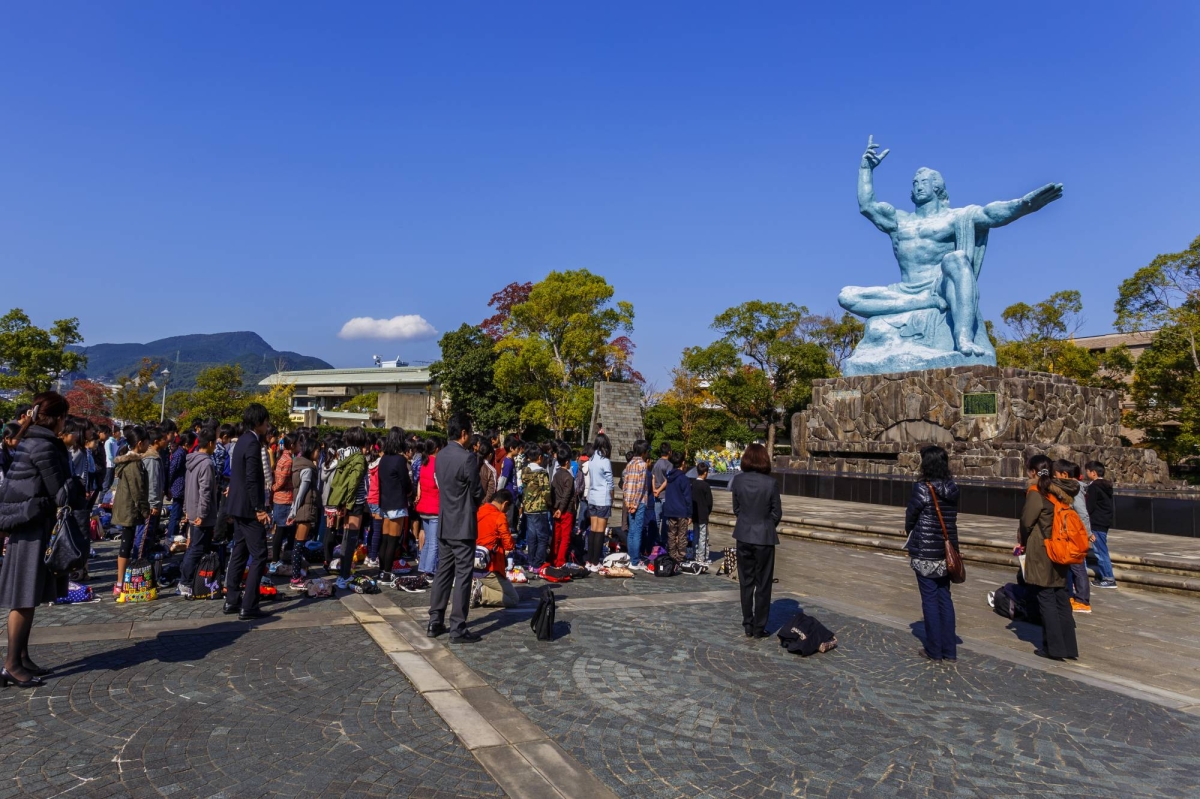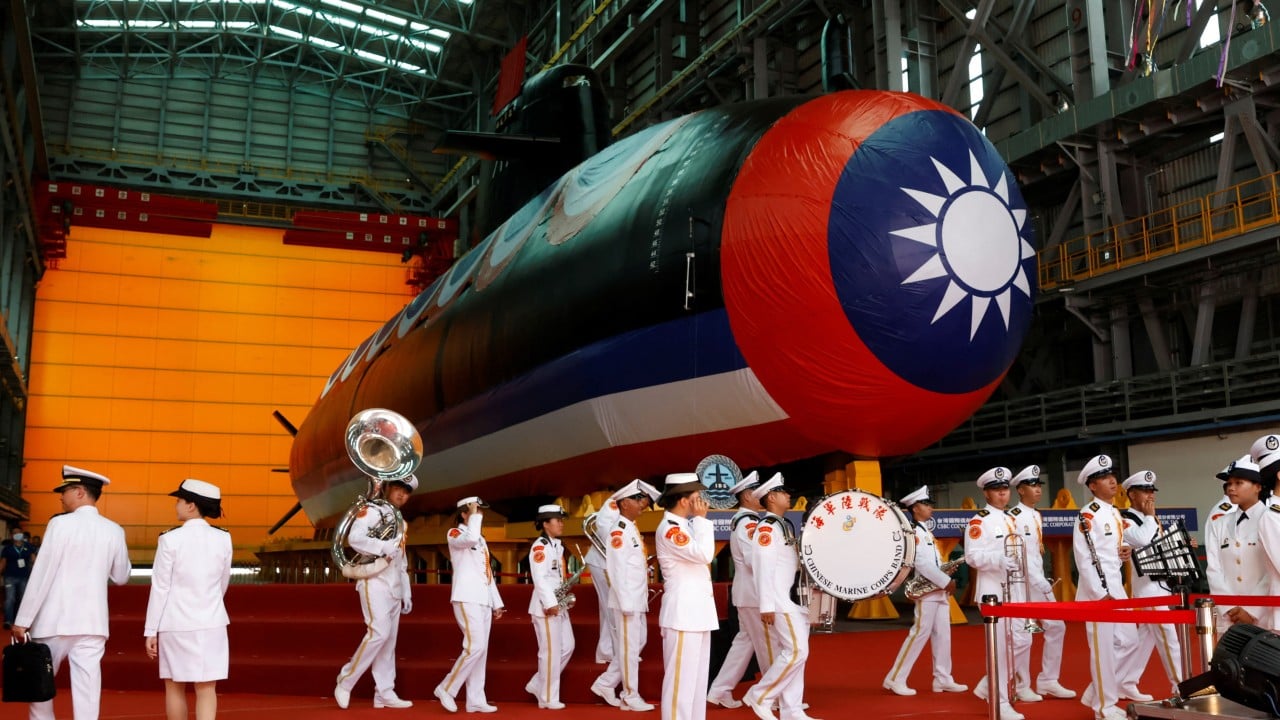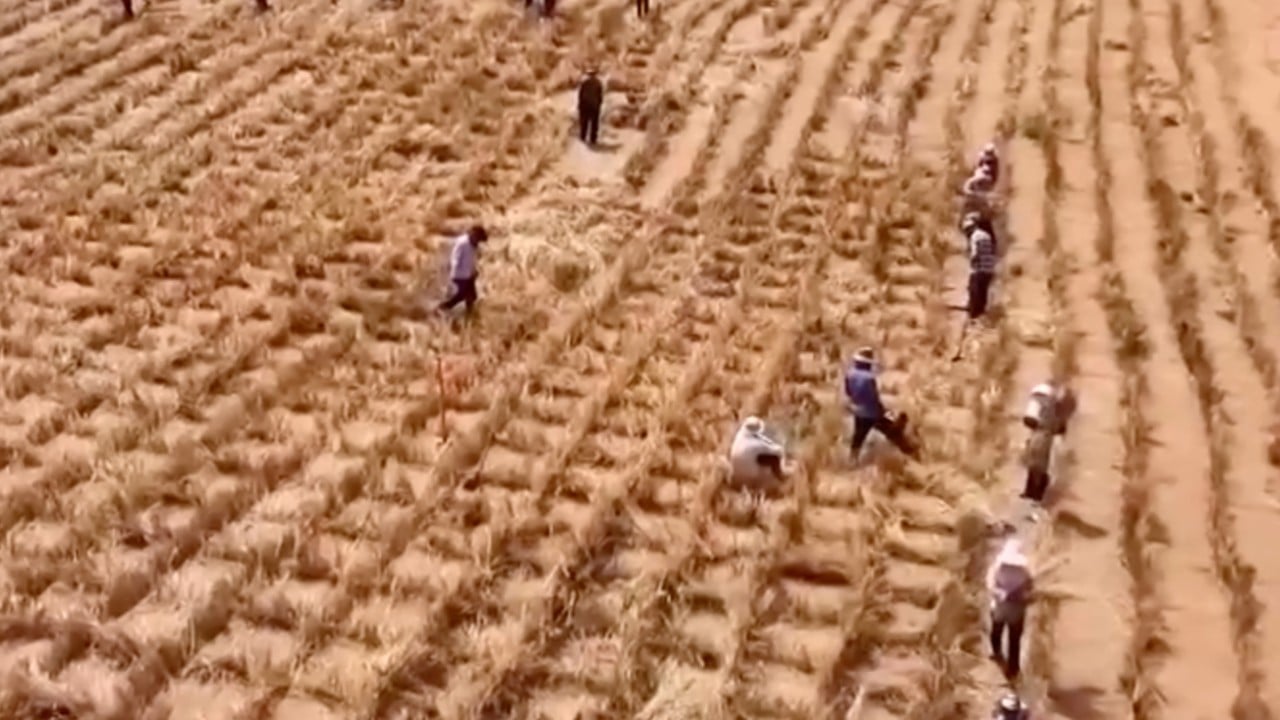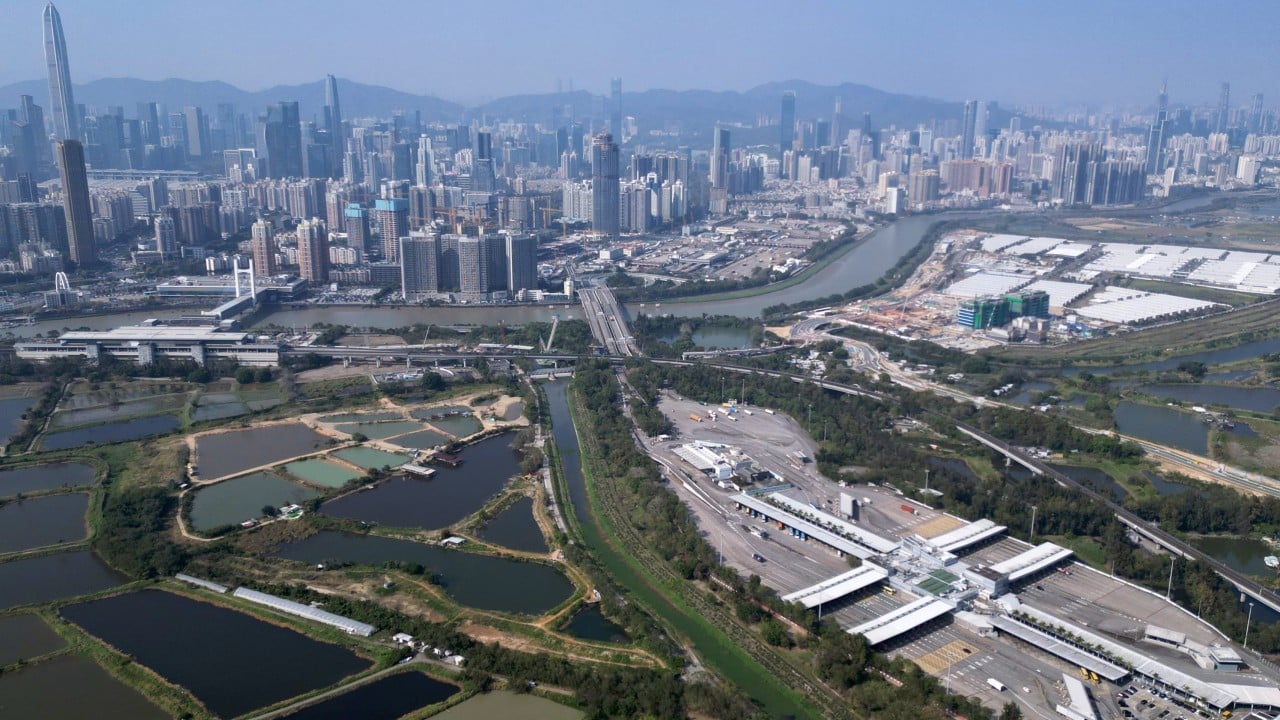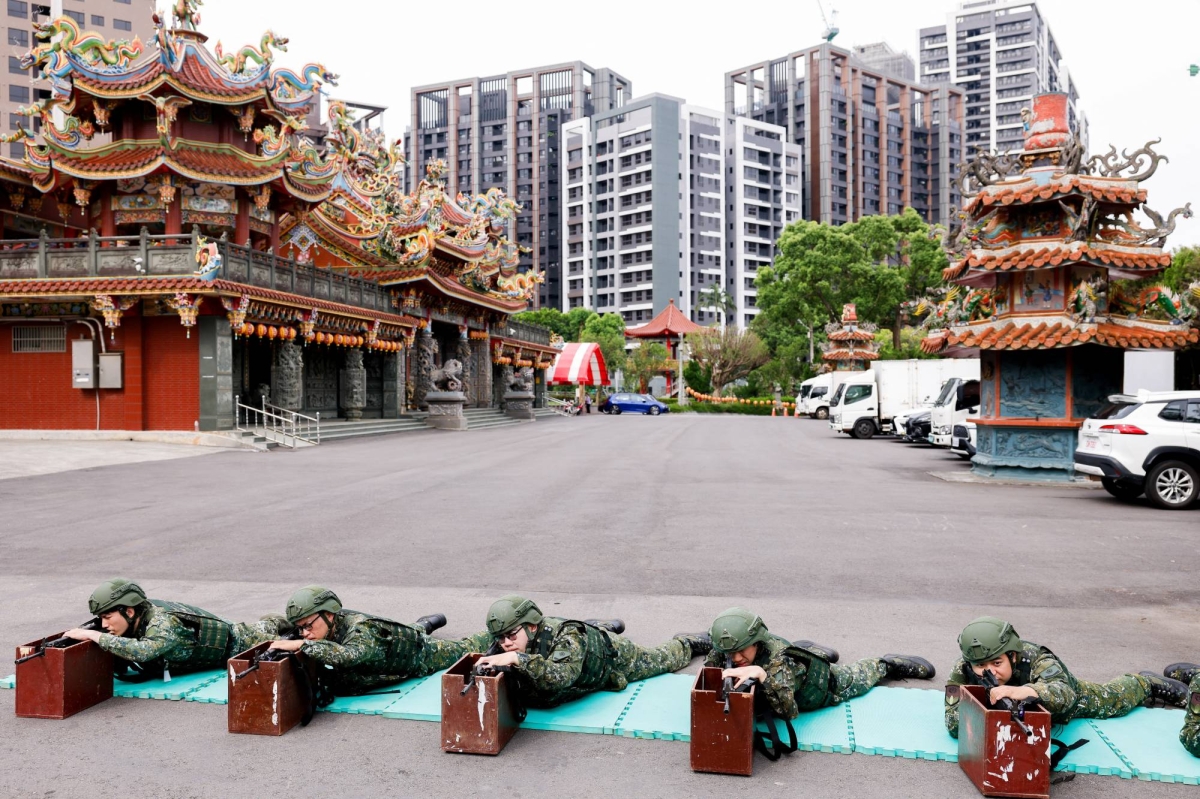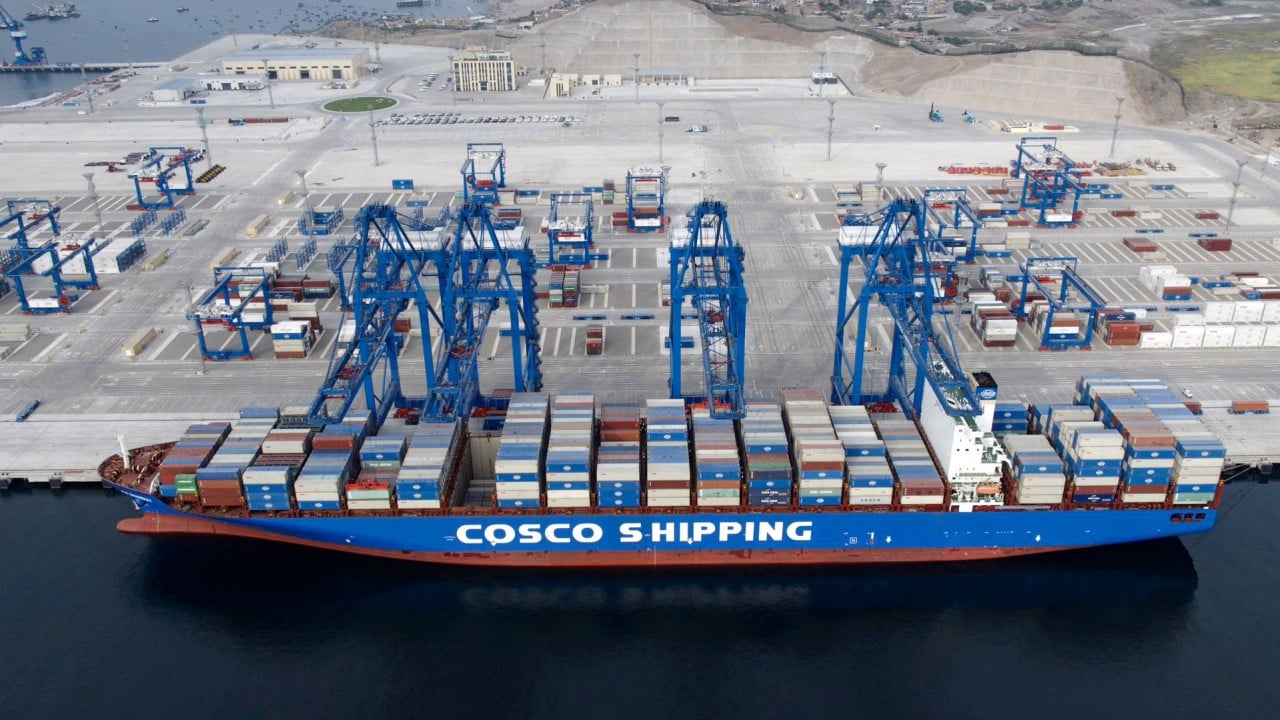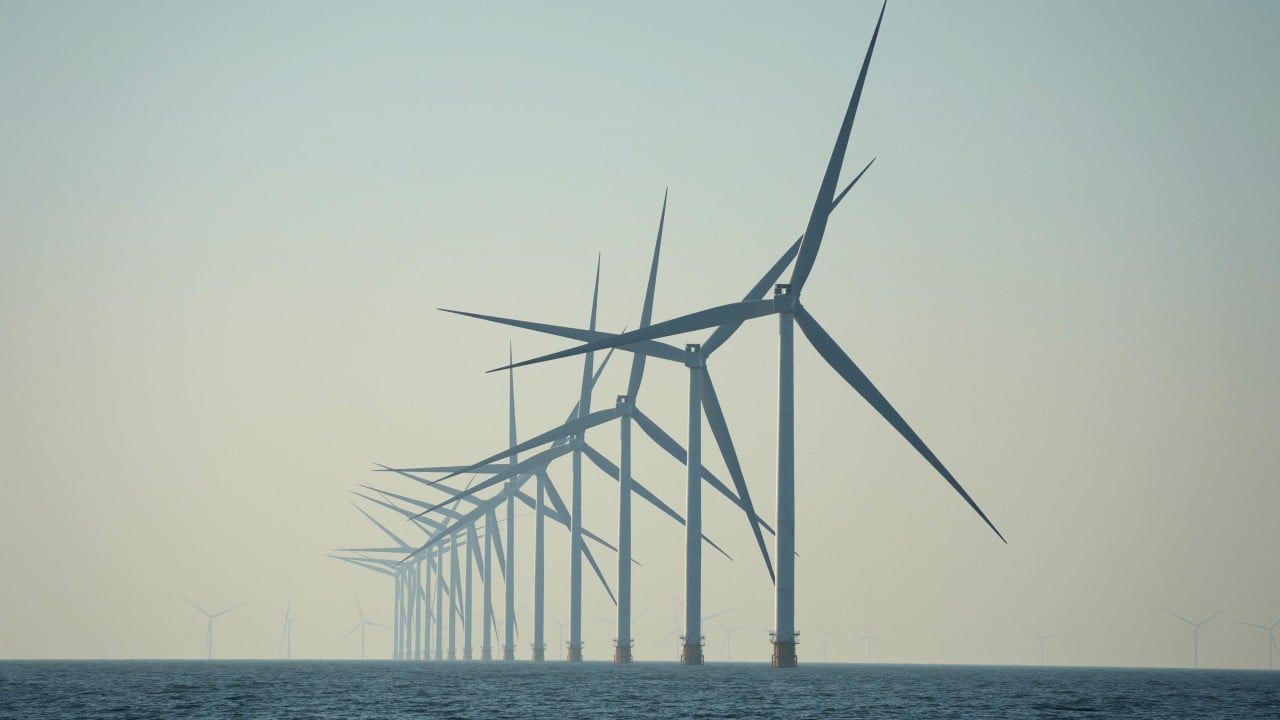See what’s trending right now
China Projectsin World Affairs
an hour agoTaiwan celebrates Nagasaki's inclusion in a peace event while facing economic pressure from China's export ban. Meanwhile, China advances environmental efforts by merging deserts in Inner Mongolia.
World Affairs
Taiwan hails Nagasaki for allowing it to send attendees to peace ceremony
positiveWorld Affairs
Taiwan is celebrating a diplomatic win after Nagasaki agreed to let its representatives attend the city’s annual peace ceremony—a symbolic gesture that underscores Taiwan’s international presence despite China’s objections. In another first, Taiwan will also send attendees to Hiroshima’s memorial event on August 6, marking a rare opportunity for Taiwan to participate in global commemorations of World War II’s end.
Editor’s Note: This might seem like a small step, but it’s a big deal for Taiwan, which faces constant pressure from China to isolate it diplomatically. Being included in these ceremonies—especially for the first time—gives Taiwan a chance to stand alongside other nations in remembering history, reinforcing its global role even without formal recognition. For Japan, it’s a delicate balancing act between honoring Taiwan’s contributions and managing relations with Beijing.
Taiwan aerospace, shipbuilding hit by Beijing export ban
negativeWorld Affairs
Beijing just slapped an export ban on eight Taiwanese aerospace and shipbuilding firms, cutting off their access to certain dual-use goods—items that can have both civilian and military applications. Among the blacklisted companies is AIDC, a major supplier to Taiwan’s military. China claims this is about protecting national security and preventing proliferation, but it’s also the latest escalation in the tense standoff over Taiwan’s sovereignty.
Editor’s Note: This isn’t just about trade—it’s a political power play. China’s using economic tools to squeeze Taiwan’s defense and industrial sectors, signaling its disapproval of Taiwan’s military ties (especially with the U.S.). For Taiwan, it’s another hurdle in maintaining its defense capabilities, and for global observers, it’s a reminder of how Beijing’s trade policies double as geopolitical weapons. The ripple effects could disrupt supply chains and deepen regional tensions.
China’s ‘green great wall’ in Inner Mongolia traps three more deserts
positiveWorld Affairs
China just finished building a massive sand-blocking barrier across three deserts in Inner Mongolia—Badain Jaran, Tengger, and Ulan Buh—using a clever straw checkerboard technique to stabilize shifting dunes. This 1,856km "green great wall" is part of a decades-long effort to fight desertification in the country’s dry northern regions.
Editor’s Note: Desert expansion isn’t just a local problem—it threatens farmland, air quality, and even distant cities with sandstorms. China’s project shows how large-scale ecological engineering can (literally) hold the line against environmental degradation. It’s a rare climate story with visible progress, though long-term sustainability questions remain.
Why investor confidence is key to acing Hong Kong’s Northern Metropolis ‘test’
neutralWorld Affairs
Analysts are stressing that Hong Kong’s success with its ambitious Northern Metropolis project—a massive development near the mainland border—hinges on reassuring investors. The project, touted as a key test of the city’s governance by Beijing, has been back in the spotlight after a high-profile visit from a top Chinese official and some behind-the-scenes maneuvering by major developers. The big takeaway? Clarity and confidence are non-negotiable if Hong Kong wants this to work.
Editor’s Note: This isn’t just about building a shiny new tech hub—it’s a high-stakes credibility check for Hong Kong’s leadership. If investors get cold feet over unclear plans or political jitters, the whole project could stumble. Given Beijing’s close watch, how this plays out could signal whether Hong Kong can still deliver on big, complex ambitions post-protests and pandemic.
Taiwan simulates attacks on military command in annual war games
neutralWorld Affairs
Taiwan is kicking off its annual Han Kuang military exercises, and this year’s drills are getting serious—they’ll simulate attacks on key military command centers to test how ready the island is to defend itself against a potential large-scale invasion. The war games will run for 10 days, ramping up scenarios that mirror real threats, particularly from China.
Editor’s Note: With tensions simmering between Taiwan and China, these drills aren’t just routine—they’re a high-stakes rehearsal for a worst-case scenario. China sees Taiwan as part of its territory and hasn’t ruled out force to bring it under control, so Taiwan’s military prep isn’t just theoretical. It’s a signal to Beijing and the world that Taiwan isn’t taking its security lightly.
Brazil and China to study South American transcontinental railway project
positiveWorld Affairs
Brazil and China are teaming up to explore the possibility of building a massive railway across South America, linking Brazil’s Atlantic coast to Peru’s Pacific port of Chancay. The two countries signed a preliminary agreement to study the project, which could dramatically shift trade routes on the continent. If completed, the 4,500-kilometer railway would be a game-changer for regional logistics—though it’s still early days.
Editor’s Note: This isn’t just about trains—it’s about geopolitics and economics. A transcontinental railway could reduce reliance on the Panama Canal, cut shipping costs, and deepen China’s influence in South America. For Brazil, it’s a chance to boost exports, especially to Asia. But big questions remain: funding, environmental impact, and whether neighboring countries will fully back it. Still, the ambition alone signals a major shift in how trade might flow across the continent.
China spins up offshore wind energy as Beijing promotes marine economy
positiveWorld Affairs
China is turbocharging its offshore wind energy projects, installing as much capacity in just six months this year as it did in all of 2024. This push aligns with Beijing’s broader goals—cutting carbon emissions, shoring up energy security, and boosting the "marine economy" to fuel growth. Analysts predict the country could add at least 9 gigawatts soon, signaling a major acceleration in clean energy investment.
Editor’s Note: Offshore wind isn’t just about going green—it’s a strategic play. For China, it’s a way to tackle climate targets while reducing reliance on imported fuels and stimulating coastal economies. The rapid scale-up shows renewables are becoming a core part of the energy mix, not just an afterthought. Globally, it’s a signal that the race for clean energy dominance is heating up.
Why World Pulse Now?
Global Coverage
All major sources, one page
Emotional Lens
Feel the mood behind headlines
Trending Topics
Know what’s trending, globally
Read Less, Know More
Get summaries. Save time
Stay informed, save time
Learn moreLive Stats
Articles Processed
7,098
Trending Topics
125
Sources Monitored
211
Last Updated
an hour ago
Live data processing
How it works1-Minute Daily Briefing
Stay sharp in 60 seconds. Get concise summaries of today’s biggest stories — markets, tech, sports, and more
Why World Pulse Now?
Global Coverage
All major sources, one page
Emotional Lens
Feel the mood behind headlines
Trending Topics
Know what’s trending, globally
Read Less, Know More
Get summaries. Save time
Stay informed, save time
Learn moreLive Stats
Articles Processed
7,098
Trending Topics
125
Sources Monitored
211
Last Updated
an hour ago
Live data processing
How it works1-Minute Daily Briefing
Stay sharp in 60 seconds. Get concise summaries of today’s biggest stories — markets, tech, sports, and more
